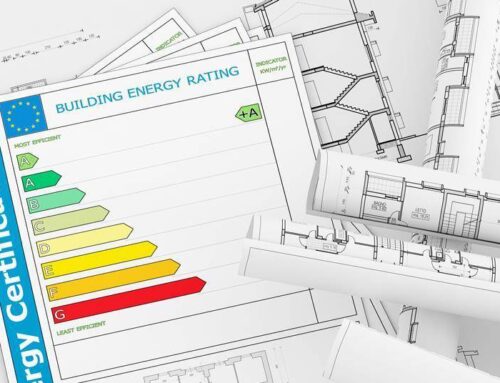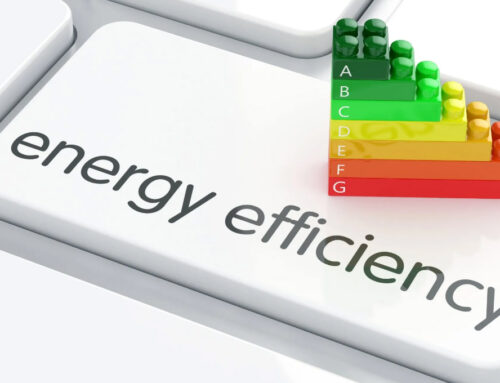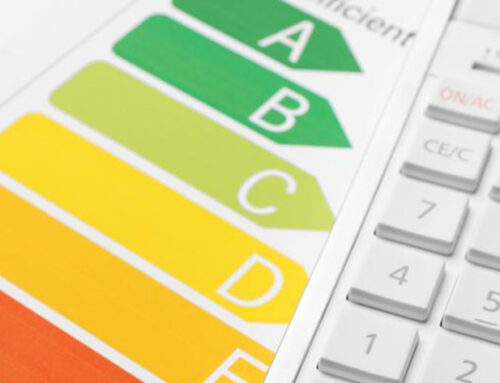
An Energy Performance Certificate (EPC) is a document that provides information about the energy efficiency of a building. It is used to assess and communicate how energy-efficient a property is and to provide recommendations for improving its energy performance. EPCs are typically used in the UK and European Union in addition to many other countries to help consumers and businesses make informed decisions about their energy usage and to promote energy efficiency in buildings.
Key information included in an EPC may consist of:
- Energy Efficiency Rating: The EPC assigns a rating on a scale from A to G, with A being the most energy-efficient and G being the least. This rating indicates how well the building performs in terms of energy consumption.
- Estimated Energy Costs: The certificate may provide an estimate of the energy costs associated with the building. This helps prospective buyers or tenants understand the potential ongoing expenses related to energy consumption.
- Recommendations for Improvements: EPCs often include recommendations for improving the energy efficiency of the building. These suggestions can range from simple measures like insulating the loft or changing light bulbs to more complex renovations like upgrading heating systems or installing renewable energy sources.
- Basic Building Information: The EPC will include details about the property’s construction, heating systems, insulation, and other relevant information that influences its energy performance.
- Validity Period: EPCs are typically valid for a certain number of years (e.g., 10 years), after which they may need to be updated or renewed.
EPCs are typically required in several situations, including:
- Selling or Renting Property: When a property is put on the market for sale or rent, an EPC must be provided to potential buyers or tenants. This is to ensure that they have information about the energy efficiency of the property before making a decision.
- New Construction: Newly constructed buildings are often required to have an EPC to demonstrate compliance with energy efficiency regulations.
- Renovations: In some cases, significant renovations or modifications to a building may trigger the need for a new EPC to reflect the changes in energy performance.
EPCs play a role in promoting energy efficiency and sustainability by providing consumers with valuable information that can influence their choices and encourage the adoption of energy-efficient practices and technologies.








